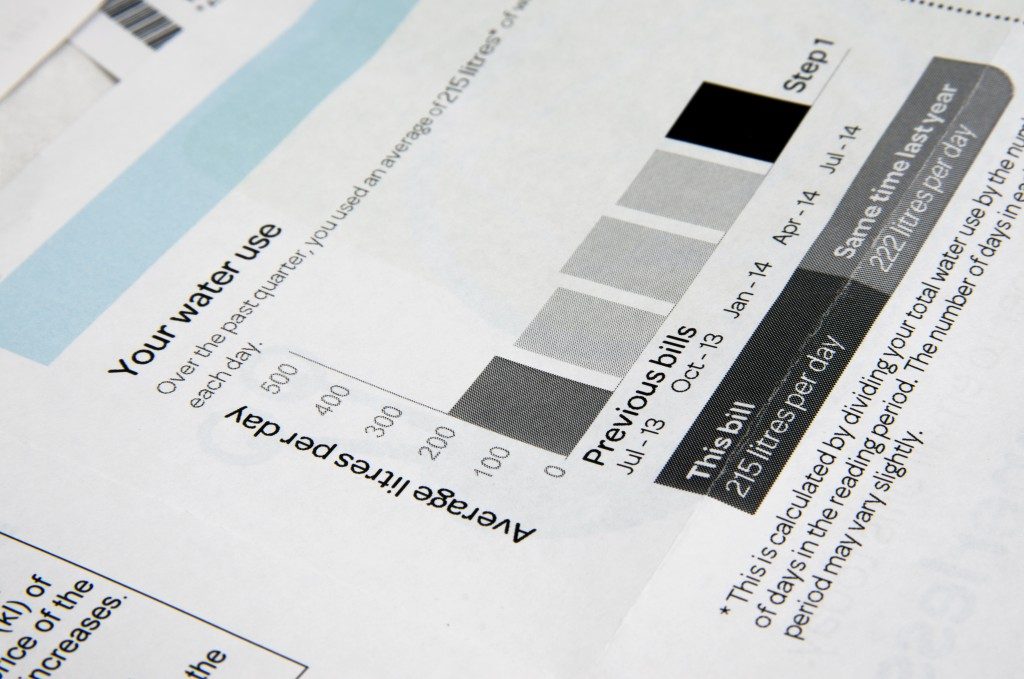Water is so essential to our lives that it can be the most difficult utility to reduce our consumption of. But if you find yourself barely keeping your head above the water every time you need to pay your bills, you might want to do something to reduce them.
Let us dive into some of the ways you can cut your water bill.
Immediately fix leaks
Leaking faucets, toilets and pipes that are left unrepaired can add a lot to your water consumption rate. A leak that drips once every second could cost you gallons in a single day, which would stack up on your bill. So, repair a leak as soon as it’s detected. If you think your toilet is leaking, but you cannot tell for sure, put a few drops of food coloring into the tank and if the bowl changes color in around 10 minutes, there is probably a leak.
Use your dishwasher efficiently
Instead of washing your dishes by hand, letting your dishwasher do the job can cost you less. Some people think that hand-washing dishes saves them hot water, but you can consume less energy using an energy efficient dishwasher. It would also help if you only run it on full load, since whether you run a partial or full load, the dishwasher will use the same amount of water. Before you put your plates into the dishwasher, you can just scrape them instead of using water to pre-rinse them.
Do full loads of laundry
Like your dishwasher, your washing machine will use the same amount of water whether you wash full or partial loads, so you might as well wash only full loads. Since this practice allows you to wash less often, not only will you save water, but you could also save your machine from rapid wear and tear. Do not shy away from wearing pants more than once too. They do not get very dirty easily, so you can wear them a few times before washing.
Collect rainwater
Rain is a natural water source that is available almost anywhere. To collect rainwater, you can attach rain barrels or any large container you have lying around at the end of the gutter downspouts. You can then use it to water your plants, wash your car or clean the pavement. However, check with your local government first because some areas prohibit rainwater collection.
Heat and cool water by yourself

Most households waste a lot of water while waiting for the tap to get cold or hot. You can save water by cooling it in the fridge or using ice cubes to chill it. For hot water, you can heat it on the stove or in the microwave.
Aside from these practices, you may also consider buying stuff to help you conserve water. Some of these equipment include faucet aerators, foam insulation (for hot water pipes), fill cycle diverters (for toilet tanks), and low flow showerheads. Having your own water meter would also allow you to monitor and regulate your water consumption. There are smart water meters available in the market that come in different types, like an in-line flow meter and insertion flow meter.
If you practice these water conservation tips regularly, saving water will come naturally to you and will save you more in the long run. Also, you are not only cutting the costs for your own bills by reducing your water consumption — you can help conserve natural resources as well.
